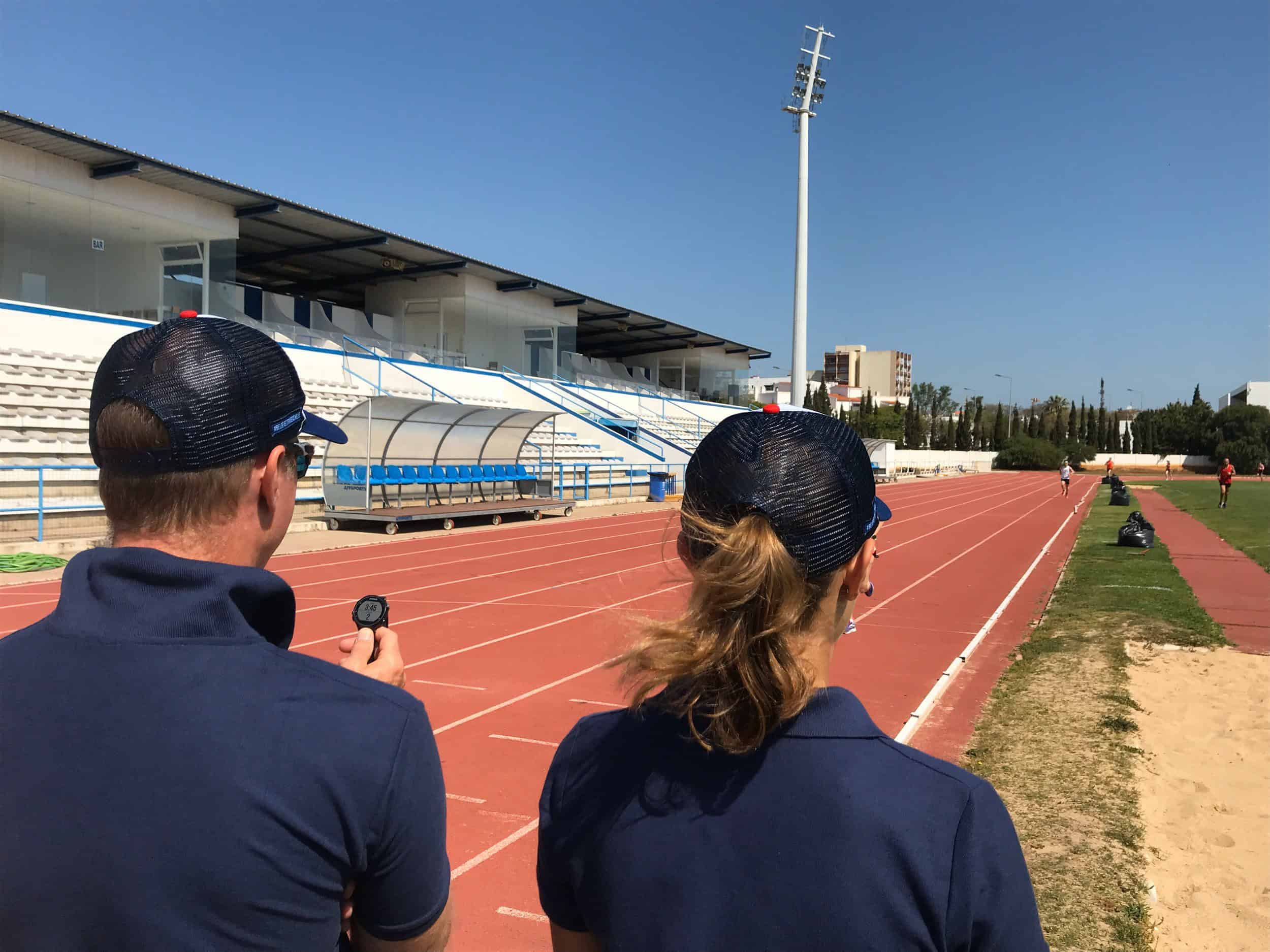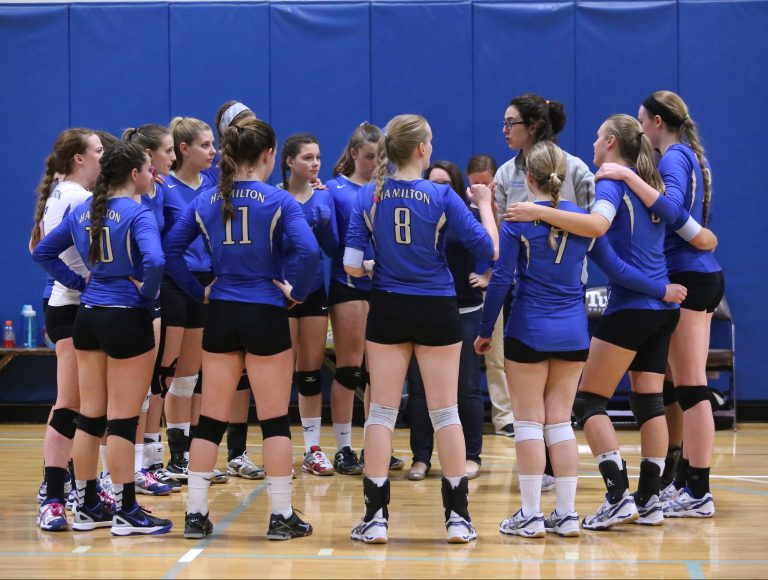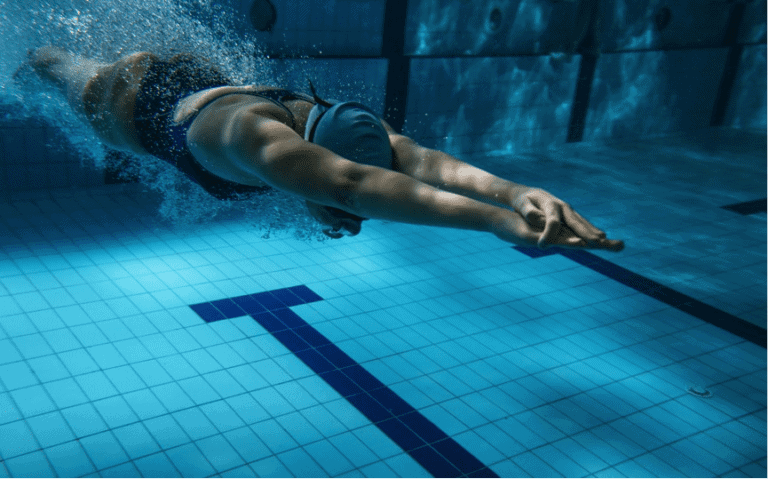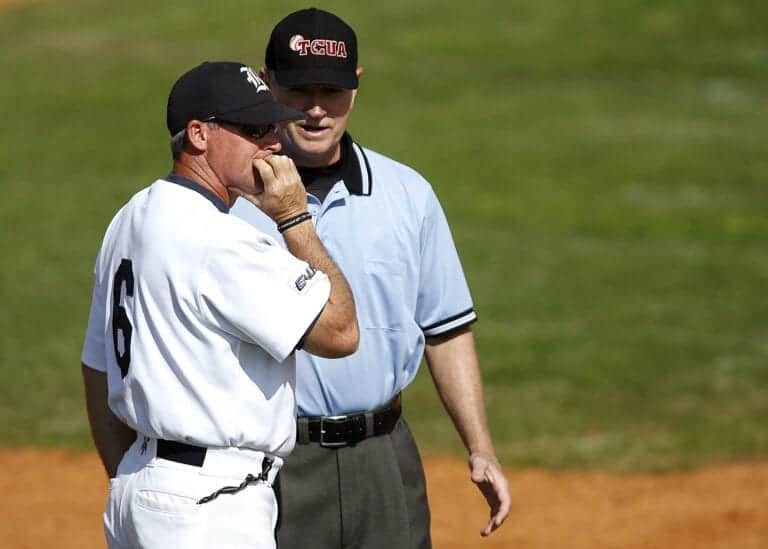The best coaches connect with their athletes on a level that goes beyond the X’s and O’s of sport. So how do we enable those abilities in the classroom? Dr. Megan Buning, a clinical faculty member at Florida State University (FSU) and a Certified Mental Performance Consultant (CMPC), recently shared her insights with us into coach development through the FSU Coach Program, her graduate classes, and her consulting work as a CMPC. Megan’s rich career trajectory, from collegiate softball pitcher to seasoned coach and academic, provides a unique perspective on coaching strategies and enhancing team dynamics.
A Journey from Athlete to Academic and Consultant
Megan’s journey began as a collegiate softball pitcher at the University of South Carolina, where she enjoyed a successful career before transitioning into coaching. Her coaching career included stints at Florida State University, Coastal Carolina, and the University of Mississippi. It was during her time at FSU that she earned her master’s degree in sport psychology, sparking a deep interest in the field. Eventually, she pursued a doctorate at the University of Mississippi, which led to her transition into academia. “I had a young child. I was tired of traveling. I weighed up all the considerations in my life at that time, got out of coaching, and found myself in the faculty life,” she recalls.
Megan’s academic career began at Augusta University, where she taught research methods and statistics to graduate students in the College of Education. She also played a crucial role in designing the university’s first doctorate program. After seven years, she returned to FSU to focus on teaching, where she has continued to research sport psychology and explore its practical application.
FSU Coach: Bridging Theory and Practice
Within FSU Coach, Megan and her colleagues aim to provide a comprehensive education that goes beyond the traditional X’s and O’s of coaching. “We want to give the coaches that come through our program a foundation of a variety of skills,” she explains. This includes courses in ethics, helping skills, sport and exercise psychology, strength and conditioning, and motor learning. The program emphasizes the application of theory to real-world coaching situations, with faculty members who have substantial coaching experience themselves.
“Coaches are being taught by other coaches.”
Megan highlights the importance of making complex topics accessible to coaches, eliminating the need to transfer and translate information. She notes,
“We really try to take these big topics that really could be entire degrees in themselves and break it down into information that coaches can use immediately.”
This approach ensures that the knowledge imparted is not just theoretical, but also practical and immediately applicable.
Megan integrated the use of Athlete Assessments’ CoachDISC Profile into her helping skills course for coaches. While the course focuses on helping skills and working with athletes with hidden disabilities and conditions, Megan aims to enhance coaches’ own self-awareness by having them complete their CoachDISC Profile. Profiles give the individual an insight into their strengths, preference for pace, style of communicating and building relationships with the people around them.
Megan shared the impact of using the CoachDISC in this course in our recent Sport Psychology Webinar, “Even though the course is not quite midterm, I’m already seeing coaches say, ‘Oh, well, that makes a whole lot of sense of why X, Y, Z…’ It’s been very powerful so far and I’m excited to see how the course goes.”
Megan emphasized the importance of understanding oneself before trying to coach others. She has noticed a strong initial impact among student coaches as they connect DISC results to their personal styles and challenges.
“It is opening eyes for them, I believe, and is a great way to look at ourselves first. I always have believed that, and I think that’s a core for mental performance training.”
The CoachDISC Profile is also a valuable tool for understanding and working with different behavioral styles. Understanding your own behavior, how it differs from others, and the way it impacts the person you are connecting with, are essential steps preceding seeking and incorporating external feedback. Megan plans to have coaches work in groups with diverse profiles to practice and refine their helping skills, as well as explore how to utilize feedback to improve coaching strategies.
“I want my student coaches to be comfortable seeking external feedback,” she says, emphasizing the importance of understanding one’s own profile and how it may impact interactions with others.
From Coaching to Consulting
Megan also utilizes the DISC Profiling as part of her mental toolkit as a consultant, and sees it becoming an integral component. While she uses various assessments depending on the situation, DISC stands out for its stability and utility in consulting. She explained,
“Our preferred behaviors don’t change a whole lot, and so I think DISC is a more steady assessment to base your consulting off,”
Megan has also applied DISC within team settings to facilitate smoother season starts, particularly with the FSU women’s basketball team. By providing both coaches and athletes with a structured approach to understanding each other’s behavioral tendencies, Megan aims to address potential conflicts proactively.
“It has been powerful… working with the coach directly on how to read the results, use those results to work with her team, and for me, helping [the athletes] understand how to handle each other as they start their season.”
For many athletes, DISC helps demystify conflict as a natural part of team dynamics. Megan notes that athletes, more than coaches, tend to need reassurance that conflict isn’t inherently negative, “In helping them understand that the conflict isn’t necessarily a bad thing, DISC merges nicely with that dialogue.”
In working with teams, Megan also regularly meets with coaches to debrief on team dynamics and specific athlete needs, finding that the DISC profiles give coaches actionable insights they can apply directly to practice sessions and team meetings. She explained, “We meet probably two times a month at least… the coach asks questions about behaviors, what can she do in practice to get her certain players to buy into the drills a little bit better, things like that.”
Drawing from her experience as a collegiate coach, Megan resonates with the athletes and coaches she works with, building relatable connections and shared that often gives her leverage when introducing self-awareness tools like the DISC. She added,
“What I find for me is I tend to have an easier time because I can speak their language, and I have that experience, and I so often say, DISC is a tool I wish I’d had when I started coaching.”
Empowering Coaches & Game Officials as Performers
In her dual role as an academic and consultant, Megan finds that the insights gained from consulting enhance her teaching, offering real-world applications and experiences that benefit her students. In addition to coach development, she is particularly passionate about working with game officials, an often-underserved population, and believes DISC Profiling can provide valuable insights and improve team dynamics within this group. She shared, “I’ve worked with over 300 game officials, a lot of them are collegiate umpires football referees, those sorts of things.”
Megan encourages coaches and game officials to view themselves as performers, a perspective shift she sees as crucial for their mental skills development. “I tell them, you’re a performer, you’re an athlete, you need to think like this… The way I approach it is so that you know how to help your athletes. But what happens is… the coaches go, ‘Wow, I never realized that about myself.’”
As a sport psychology consultant, Megan has found DISC profiling to be an invaluable resource. She admits,
“After I took [Athlete Assessments’] DISC myself and then went through the training to be able to deliver it to others, I was really kind of floored with how valuable of an instrument it can be,”
One of the most intriguing uses of DISC profiles, according to Megan, is in staff hiring and collaboration. By building an ideal profile and matching potential applicants, coaches can create more cohesive and effective teams. “Instead of having all this turnover and turmoil, I ask coaches to take a look at what they’re really looking for. And, then they can see who’s coming in to apply and how well they fit that profile of what the coach really needs,” she explains.
As Megan continues to explore coaching beyond the X’s and O’s, her work promises to provide valuable contributions to the fields of sport psychology, coach education, and the development of officials. Her integration of DISC profiles into her work at FSU and as a consultant highlights the versatility and effectiveness of the tool; enhancing self-awareness, improving team dynamics, or aiding in staff selection. The wholistic development of coaches under Megan’s tutelage provides them with a platform for career success enabling them to consolidate and deepen relationships with their athletes.
About Dr. Megan Buning
Dr. Megan Buning is a clinical faculty member at Florida State University, where she teaches in the FSU Coach Program. She holds a master’s degree in sport psychology and a doctorate from the University of Mississippi. A former collegiate softball pitcher, Megan has extensive coaching experience is a Certified Mental Performance Consultant (CMPC), and an Athlete Assessments DISC Consultant. Her research interests include sport psychology and the practical applications of assessments like DISC profiling in coaching and consulting. In addition to her academic work, Megan is a sport psychology consultant, working with athletes, coaches, and game officials to enhance performance and team dynamics.
Where to from here?
If like Megan, you are interested in exploring how Athlete Assessments DISC Profiles and DISC Accreditation can contribute to your own mental performance toolkit, find out more about our Consultant Program. Delivered one-on-one, and tailored to your intended use and application, we provide the only sport-specific DISC training and assessments.
Recommended Articles
Leadership and Team Development Consultant, Erin Glaser on transitioning her career athlete, to Coach, to Consultant, and how she's used DISC along the way.
As we all know, our personality impacts our behavior and as such has a direct impact on our coaching style. However, unlike personality, which is relatively stable, a coach’s style is a preferred pattern of behavior and as such it can be changed or adapted depending on the situation. Most of all though, a coach’s style can be changed or adapted if they are aware of their style preference and what style will give them the results they need.
Defining a Sport Coaching Philosophy is as critical for sports Coaches as it is for business and industry leaders to define their leadership philosophy. It is key for successful coaching.









